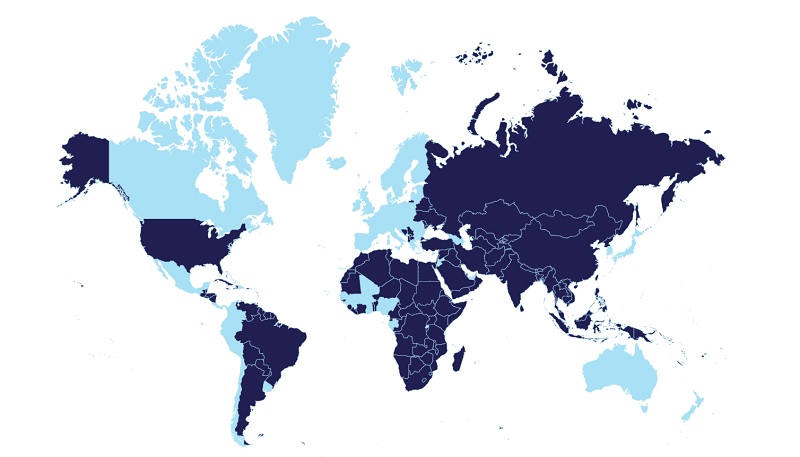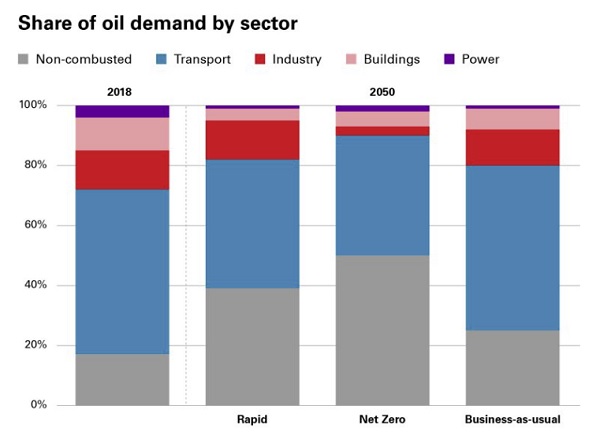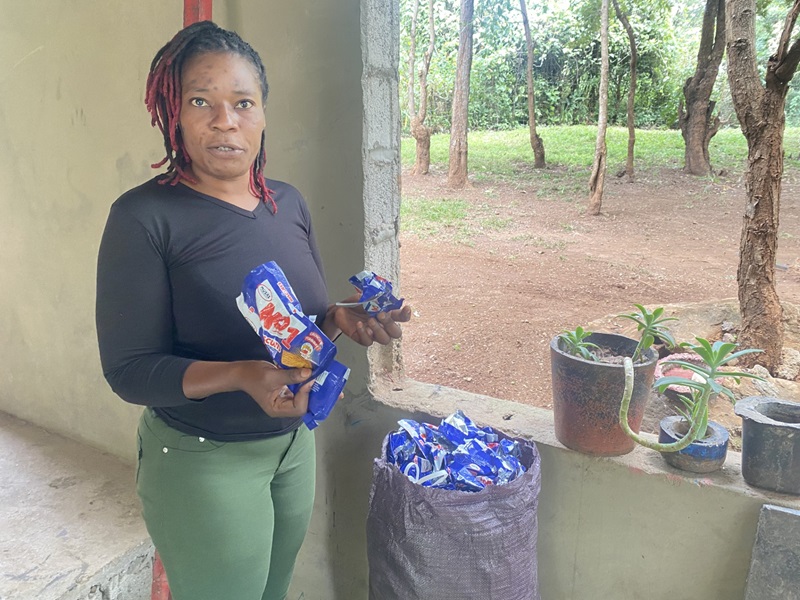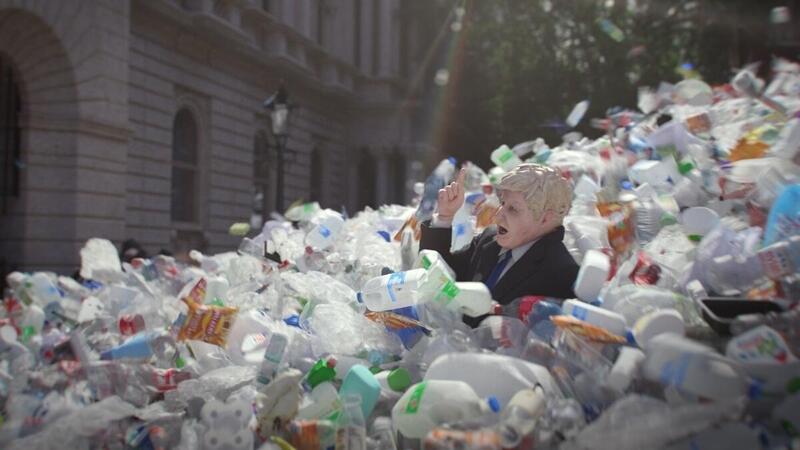Environment minister Steven Guilbeault accuses “some countries” of slow-walking negotiations, ahead of talks in Ottawa next week
The chair of this month’s penultimate round of talks to agree a global treaty on tackling plastic pollution is concerned that certain countries “seem to have forgotten” that all nations originally backed an ambitious pact.
Canadian Environment Minister Steven Guilbeault, who will host the talks in Ottawa starting on April 23, said in an interview with Climate Home that all governments had “agreed collectively that we wanted an ambitious treaty to fight plastic pollution and to eliminate it by 2040”.
But, he added, “unfortunately some countries seem to have forgotten that’s what we agreed upon [at the United Nations Environment Assembly] almost two years ago. I’m going to make it my mission in life in the coming weeks to remind everyone that this is our collective agreement.”
He did not specify which countries appear to be backtracking, but noted that some “are in more of a hurry than others” to get a deal – “which is why you have a high-ambition coalition”.
That coalition is pushing for a strong accord to end plastic pollution and includes all large developed countries except the United States, plus some developing nations.

The members of the self-described “high-ambition coalition” are coloured in light blue.
Guilbeault was speaking during the latest UN Environment Assembly (UNEA) in Nairobi last month, where some governments tried to water down anti-plastics language.
David Azoulay, from the Center for International Environmental Law, told Climate Home “a number of countries” had tried at this year’s UNEA to “get around or away” from the mandate to set up a plastics treaty.
They did not propose a rival resolution, he said, “probably because they saw there was very little appetite for it”. But that did not stop them from attempting to use the assembly to influence the plastics treaty negotiations, he added. The talks are organised by the United Nations Environment Programme.
In submissions to the UNEA, the US tried to delete the words “legally binding” in reference to the plastics treaty, Iran wanted to remove “ambitious”, and Saudi Arabia attempted to cut a reference to accelerating the treaty talks.
Russia’s ambassador to Kenya, Dmitry Maksimychev, told the UNEA that Russia is an “active participant” in the talks and “we do not support shifting emphasis to restrictive measures of a productive or commercial nature”.
Plastics support fossil fuel demand
Over the last two years, government negotiators have gathered for three rounds of talks on setting up the treaty to tackle plastic pollution.
The fourth round will be held in Ottawa this month, and the fifth and supposedly final session will be in the South Korean city of Busan in November. The agreement should then be adopted officially at a diplomatic conference in 2025.

BP expects the share of oil demand from non-combusted (grey) sectors like plastic to rise in the next few decades. (Photo: BP/Screenshot)
Plastics are made from oil and gas, and their production causes 3% of greenhouse gas emissions. The fossil fuel industry predicts that as demand for oil and gas for energy falls, they can make up for it by selling their products to plastic manufacturers.
New estimates from the US-based Lawrence Berkeley National Laboratory show plastic production emits as much carbon pollution each year (2.24 gigatonnes of carbon dioxide equivalent in 2019) as 600 coal-fired power plants.
A study published by the lab on Thursday, supported by Bloomberg Philanthropies’ Beyond Petrochemicals campaign, warned that carbon pollution from plastic production could triple by 2050.
And even if global power grids shift over to clean energy, the plastic industry’s share of the global carbon budget could rise from just over 5 percent now to more than 20 percent by mid-century, based on conservative projections for industry growth, it added.
Plastic litter also makes flooding – already exacerbated by climate change – worse.
In Zambia, Lwenga Mulela, whose company converts plastic waste into useful products like paving and plant pots, told Climate Home plastic bottles pile up in drainage channels in the nearby capital Lusaka and stop rain escaping down the drain, causing flooding on the streets.

Lwenga Mulela shows plastic wrappers which she turns into products like paving on March 12 24. (Photo: Joe Lo)
During a brief rainstorm in Lusaka’s Central Business District in March, Climate Home saw cars slowing to a crawl to pass through puddles and pedestrians jumping over water to stay dry.
Money talks
The UN treaty negotiations have so far been divided on whether to focus on the production of plastic, potentially through targets to reduce it, as the “high-ambition coalition” and climate campaigners want.
The alternative is to limit its scope to expanding recycling of plastic, as the industry itself and the US, Saudi Arabia and others are calling for.
Asked if plastic production should be in the treaty, Canada’s Guilbeault said: “We have to look at every element of plastic pollution.” But asked about the biggest remaining divides, he pointed to finance.
Many countries, particularly small islands, “receive an incredible amount of plastic pollution that they’re not responsible for, and there shoul
Read More

